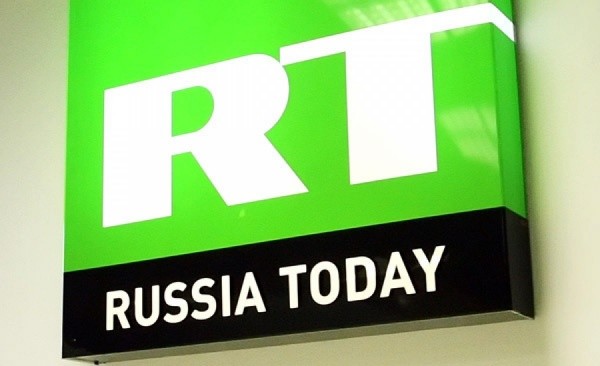RT (formerly Russia Today) has posted an article claiming that the social media platform known as Parler is struggling with a massive inflow of new users resulting from what RT characterizes as” Twitter’s latest round of censorship.” The RT article cites the example of user “Carpe Donktum” as an example of such censorship:
Parler, the social-media platform touted as a bastion of free speech, is suffering overload-related glitches as it struggles to absorb a massive inflow of new users who were alienated by Twitter’s latest round of censorship. “Parler has exploded,” radio host and Parler stakeholder Dan Bongino said Sunday on Twitter. “We’re adding thousands of users per minute, and we’re working out the glitches as a result.” He denied rumors that the platform had been sold.The surge in new users made Parler today’s most downloaded application in the US on Google Play, overtaking such platforms as TikTok, Instagram and Twitter. Prior to June, Parler was averaging about 2,000 downloads. Its user base doubled that month, to about 1.5 million, after Twitter’s banning of conservative meme creator Carpe Donktum sparked an anti-censorship backlash.
Read there rest here.
US media, however, has reported that Twitter actually suspended Carpe Donktum, who used pro-Trump memes, due to repeated copyright violations. The Washington Post has described Parler as a company that “appears to cater to a right-wing base.”
The GIOR reported last month on an Alliance for Securing Democracy study that included Russia Today in a group of Russian state-backed media described as follows:
Russian state-backed media such as Russia Today, Sputnik, or TASS focused on four key themes: the sad state of U.S. political culture, criticism of the U.S. media, divisions in the Democratic party, and Trump’s refusal to condemn white supremacy. Also, the issue of Russian interference provided an opening to hammer the U.S. for its alleged “Russophobia.”
Other recent GIOR reporting on RT has included an RT OpEd piece suggesting that US democracy is in its “death throes” and a report that White House coronavirus adviser Dr. Scott Atlas had apologized for appearing on the station. In 2017, the NYT characterized RT (formerly Russia Today) as follows:
Analysts are sharply divided about the influence of RT. Pointing to its minuscule ratings numbers, many caution against overstating its impact. Yet focusing on ratings may miss the point, says Peter Pomerantsev, who wrote a book three years ago that described Russia’s use of television for propaganda. “Ratings aren’t the main thing for them,” he said. “These are campaigns for financial, political and media influence.” RT and Sputnik propel those campaigns by helping create the fodder for thousands of fake news propagators and providing another outlet for hacked material that can serve Russian interests, said Ben Nimmo, who studies RT for the Atlantic Council. Whatever its impact, RT is unquestionably a case study in the complexity of modern propaganda. It is both a slick modern television network, dressed up with great visuals and stylish presenters, and a content farm that helps feed the European far right. Viewers find it difficult to discern exactly what is journalism and what is propaganda, what may be “fake news” and what is real but presented with a strong slant.









COMMENTS
Comments are closed here.